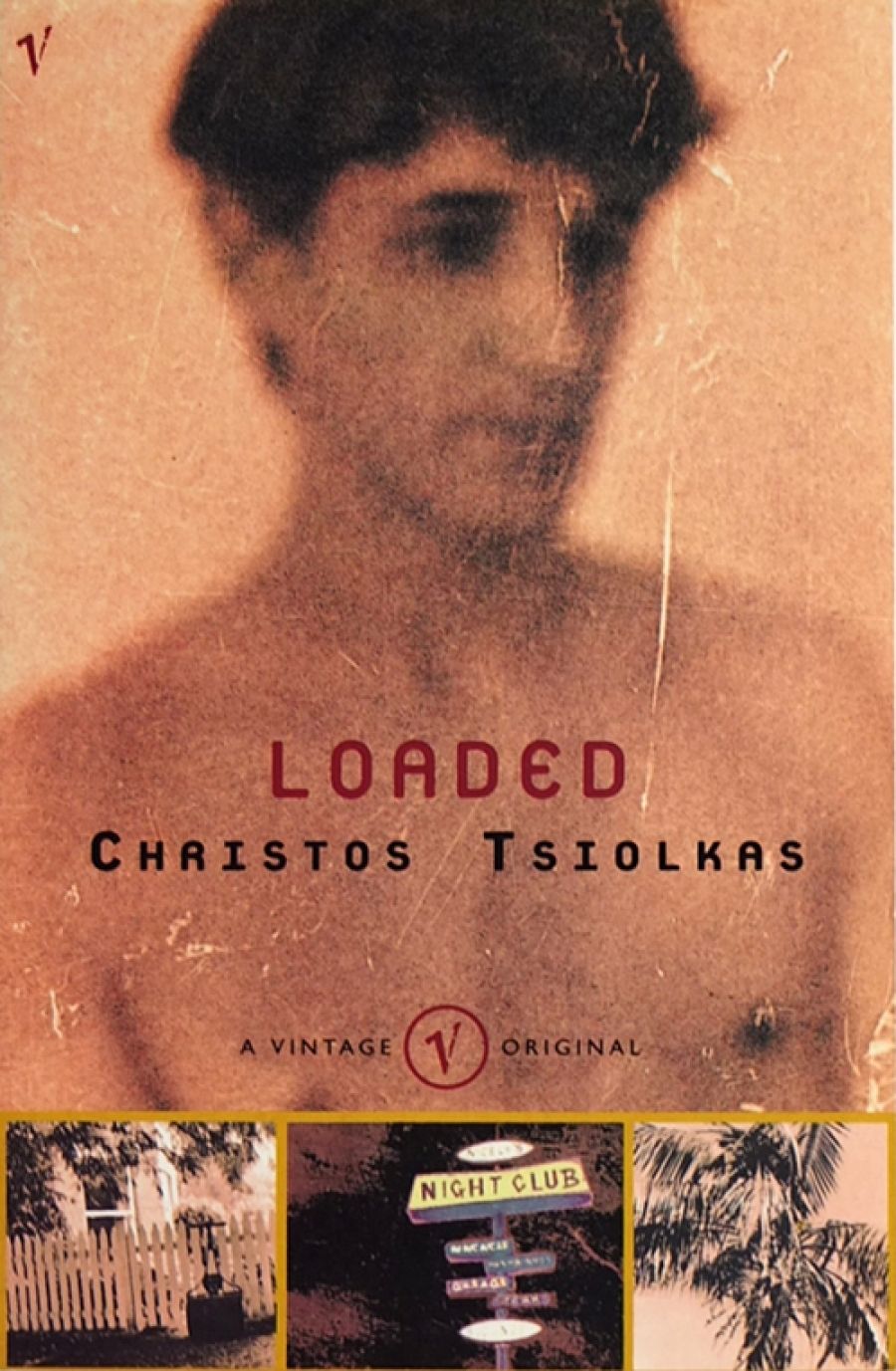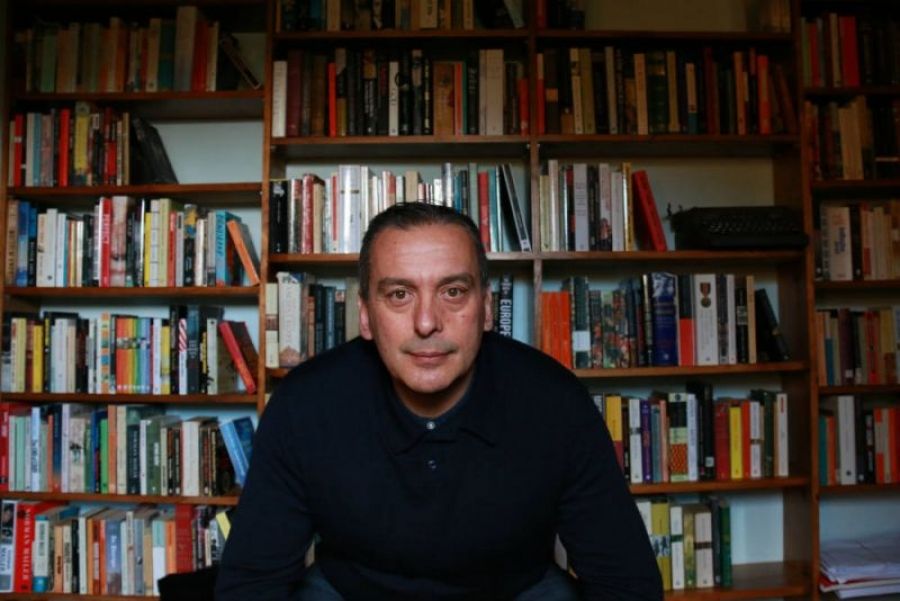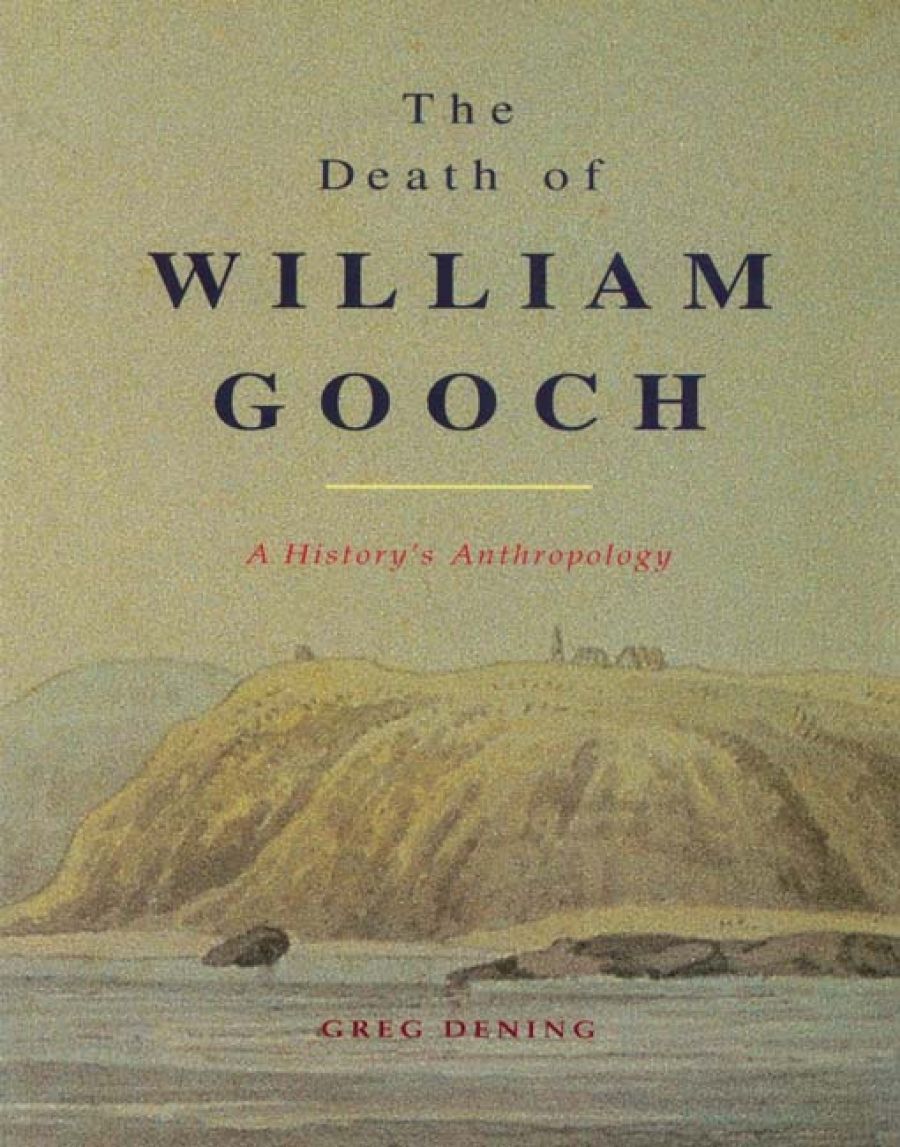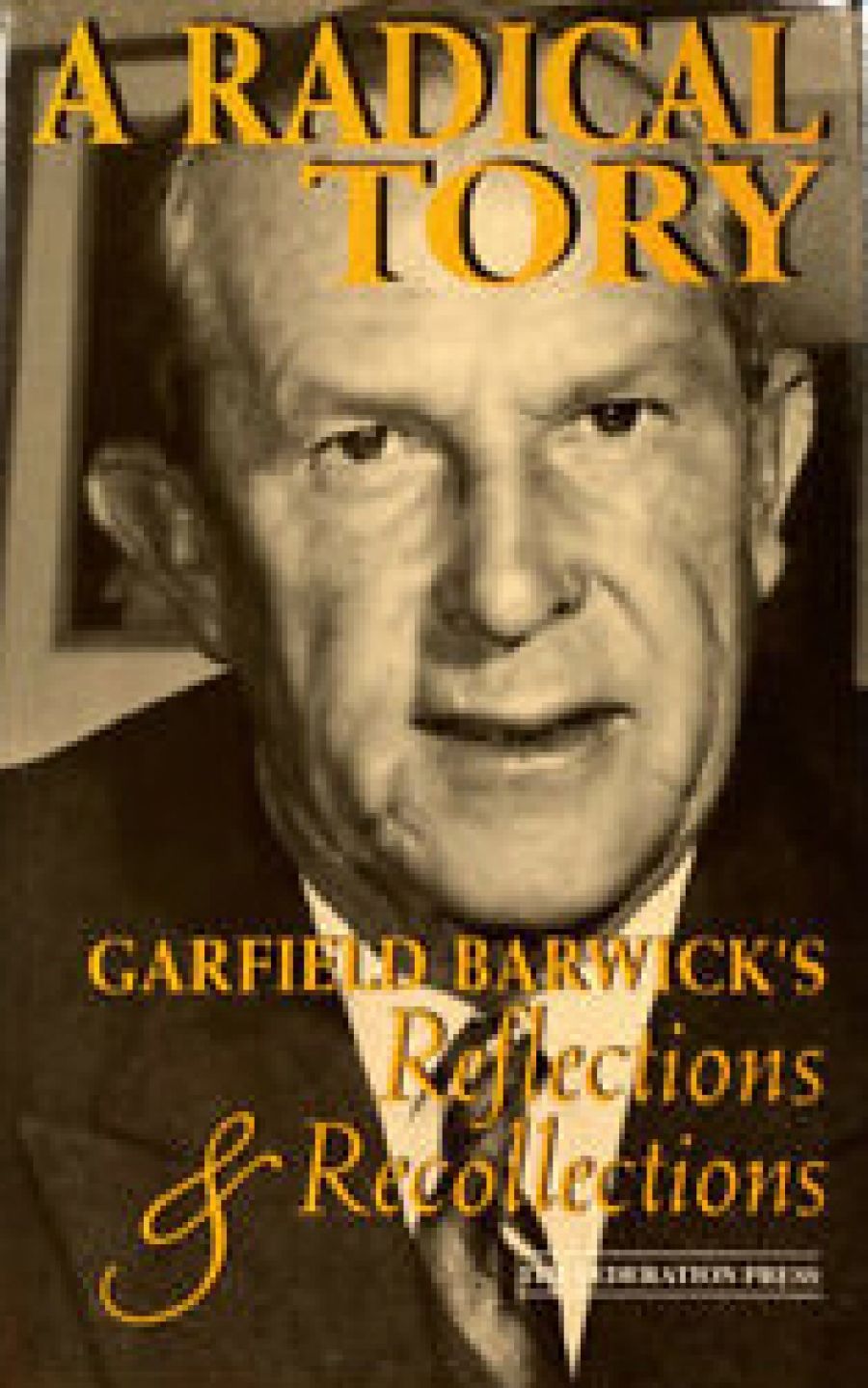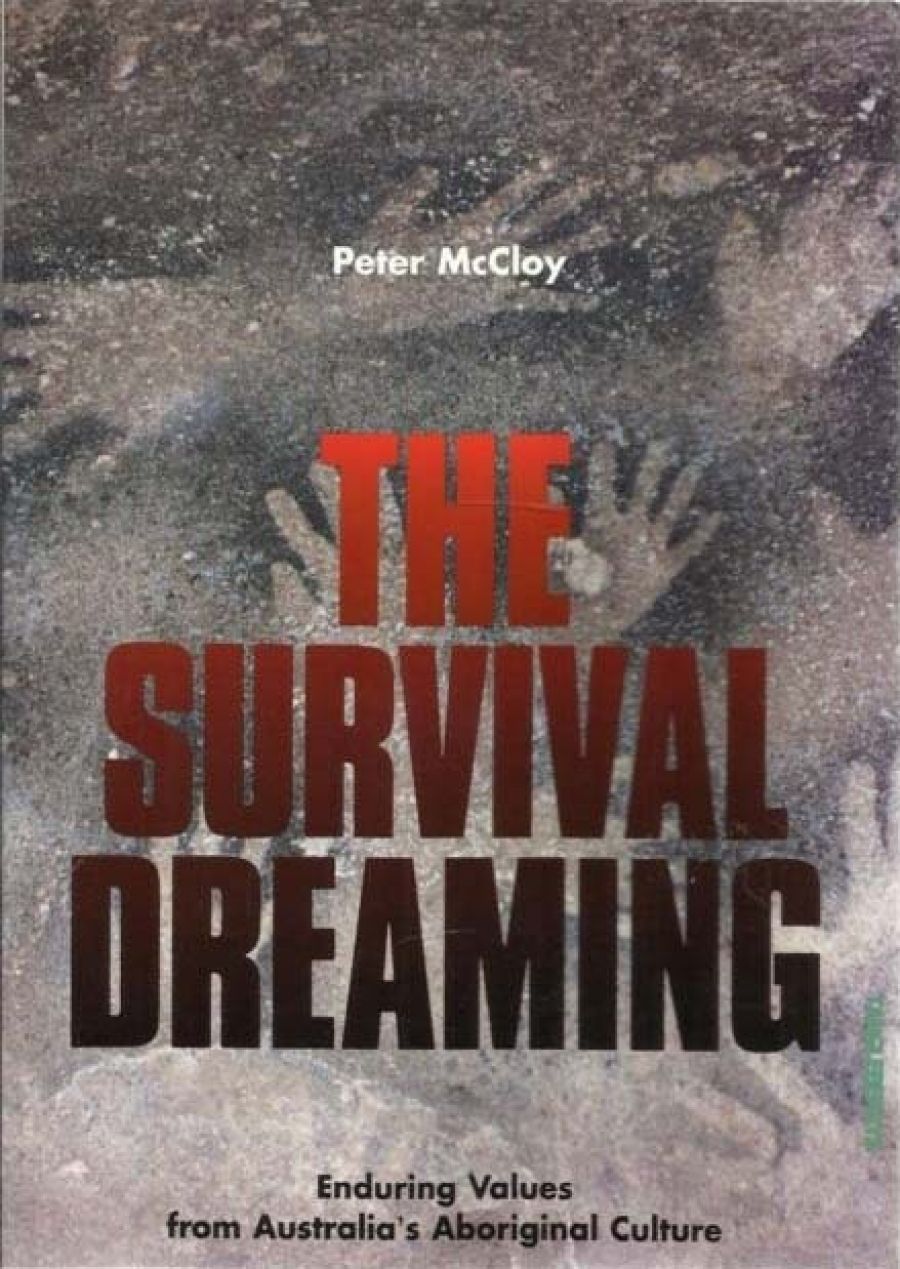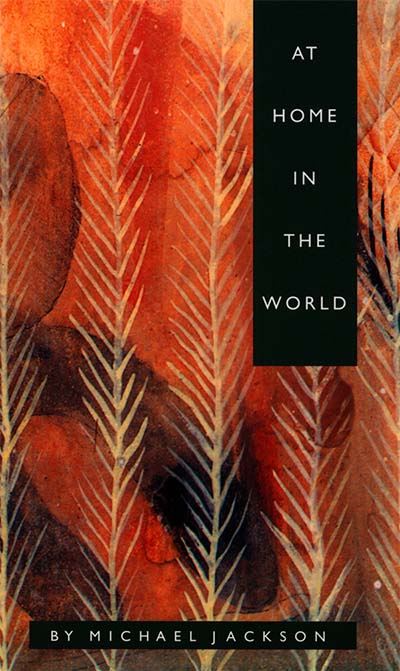In Sydney last month, Barrie Kosky’s production of Verdi’s Nabucco was booed by a section of its first-night audience, a unique occurrence, this, at the Australian Opera, but one that Kosky took in good part as an extension of the ‘playful’ side of the evening’s events.
The complaint against the production was twofold. First, that it was distracting and for this reason did not show proper respect for the music; secondly, that its imagery was too personal, too eclectic, too fashionably contemporary in its appeal to what the critic from The Australian called ‘the MTV set’. All this is in itself interesting and will bear examination, but I want to use Kosky’s production as well to raise a more general question: how, in a culture where virtually everything that has ever been produced is part of the repertory, are we to deal with works of the past that, for all our desire to see them, contain elements that we cannot, without a good dose of historical adjustment, take seriously? This is not a problem, of course, for those who take everything seriously because it is opera or those who, for the same reason, take nothing seriously; but the rest of us will want to discriminate and will not always agree about what in a work still speaks directly to us, as almost everything does, for example, in the four great operas of Mozart, and what, if we are to experience it with any sort of freshness, we will need, sometimes playfully, to translate. The only rule is that we should try, as far as possible, to be true to the spirit of the original, especially when to stick to the letter is a dance of death. And this is not a problem only of opera. If I choose opera on this occasion, it is because Nabucco offers a ready case for discussion and because opera, unlikely as that might have seemed even twenty years ago, is once more, at the end of the century, a popular entertainment. More people in Sydney this year will see and be tested by Nabucco than are likely to read, say, Mary Barton or even Dombey and Son, not to speak of Byron’s Sardanapalus or The Idylls of the King.
Nabucco is early Verdi, his third attempt at opera after one minor success and a dismal failure. It is the work in which he found himself.
The libretto by Temistocle Solera, based on a French play of 1836, had previously appeared at La Scala in the form of a ballet and was offered to Verdi after Nikolai, the future composer of The Merry Wives of Windsor, had refused it, on the grounds that it was nothing but ‘rage, invective, bloodshed and murder’.
Solera seems to have based his version of the Babylonian story on the ballet, which would explain some of the short-hand confusions of the plot, and like most adaptors he added something of his own, the lamentations of the Hebrew chorus and four quotations from The Book of Jeremiah, which do not appear among the words to be set but stand, rather oddly, at the head of each scene – indications of a seriousness that the main action, which comes straight out of popular melodrama and nineteenth-century historical fantasy, the penny-plain and tuppence-coloured world of a Pollocks children’s theatre, hardly aspires to.
These additions, as it turned out, were crucial. Slight as they are, they shifted the focus of the work. Away from the lurid stuff of ‘Babylon’, deranged kings and vengeful princesses, the ‘rage, invective, bloodshed and murder’ which was all Nikolai saw there, to the less dramatic (it might seem) but nobler matter of a nation in exile, of the idea and ideal of nationhood preserved in the breast of a people divided, oppressed, but sustained by a strong sense of destiny and the promise of home.
What is always interesting is what it is in a work that connects with the artist’s own person, what he sees there that ignites the flame.
Verdi has given us his own account of what happened when he returned home after being offered the commission:
I threw the manuscript on the table, almost violently … The roll of paper opened out, and almost without my knowing quite how, I found myself staring at the page in front of me and my eyes fell on the line: Va pensiero sull’ali dorati.
The rest of course is history, or rather, as Verdi presents it, Fate, the meeting of a great artist with the emotion that is at last to wake up his muse and speak to him in his own true voice – which is also, in this case, the voice of a people.
Verdi is for the most part impressively unreliable about the facts of his career. No less than Wagner he turned his life into myth and when the facts did not fit he changed them. If what he tells us of his first encounter with Nabucco is disputable as fact, it is true to something more important, to what he felt, after half a lifetime, was the beginning of his involvement with the work and its place in his career. ‘Va pensiero’, from its very first note, spoke eloquently from the crowd to the crowd, but it had spoken first to Verdi himself, revealing the strain in him that would appeal, but was also most subjective and original in him. Halfway through the writing of Nabucco he asked Solera to replace a duet for Ismaele, the Hebrew jeune premier, and the good princess Fenena (surely the feeblest pair of lovers in the whole of opera) with a second scene for the Hebrew slaves and Zaccaria’s aria foretelling the fall of Babylon. Solera’s ‘indication’ had been acted upon. The work took another step away from the barbaric goings-on at the Babylonian court towards the more public and political interest of the Hebrews – or rather as Verdi knew quite well, of another nation that was also enslaved and in exile in its own divided and humiliated self.
That ‘Va pensiero’ is true Verdi, one of those ‘ardent blazing melodies’ that took him straight to the heart of his gift, no one surely would doubt. But what of the rest?
Thirteen years later in 1853, with Traviata and Rigoletto behind him, but also the first version of Macbeth, Verdi confesses:
Today I would refuse subjects of the kind of Nabucco, Foscari etc. They harp on one chord, elevated, if you like, but monotonous … I prefer Shakespeare to all other dramatists, the Greeks not excepted.
What he wanted now, he tells us, was ‘powerful situations, variety, brio, pathos’.
Where he found them for the time being was not in Shakespeare himself but in Shakespeare’s romantic followers, Schiller in Germany (I Masnadieri, Luisa Miller, Don Carlos) and Hugo in France (Ernani, Rigoletto); but it is clear what he means. Shakespeare becomes a code word for characters torn by internal conflict, often between public responsibility and private desire, and an inwardness that can be expressed in music that is subjective in its appeal; not declamatory but explorative, not the elaboration of a single emotion in vocal display that directs attention to the performer, and by extension to the composer, but a music of self-analysis that makes performance an expression of the singer’s own subjectivity and leads us deep into the character’s life, so that only when the spell is broken do we recall who it is, composer and performer, that has made all this available to us.
In Nabucco that sort of subjectivity exists strongly in ‘Va pensiero’ and colours all the music of the Hebrews, even when it is not of the same high quality, but the music elsewhere is in an earlier and, in the light of what is to come, un-Verdian mode.
Abigaille is a ‘wicked sister’, the Whore of Babylon as she figures in popular mythology, her vocal high-jinks the freakish equivalent of her un-natural nature. She is a powerful creation but of a theatrical kind that has no place in later Verdi. Her operatic antecedents are the Queen of the Night and, say, Semiramide – she is still under the influence of what Andrew Porter calls the Code Rossini – and her modern equivalent is Lulu, an association worth suggesting because Abigaille has something of the serpent about her, but also of the tinsel and sawdust world of the circus where Solera worked for a time before he became a poet; circus, along with wax works, picture-books, pantomime and costume melodrama is yet another element of the nineteenth century theatrical world from which Nabucco springs. The point is that neither Abigaille nor Nabucco, for all their energy, are yet truly Verdian characters in the sense that Rigoletto is, or the two Macbeths or Philip, and the gap between Abigaille and Lady Macbeth, for whom she might be seen as an early study, is a fair indication of how far Verdi has still to go.
I say all this to suggest that ‘seriousness’ might not be at stake here, and that what might be more appropriate is a form of playfulness that recognises the extravagance, the lurid silliness of much of the main action of Nabucco while observing that it has, despite all that, a sinister quality that sets it somewhere between nightmare and the cruelty of farce.
One wonders how seriously the original audience took it. There must have been a good many among them, readers of Leopardi and I promessi sposi, who knew that these Babylonian carryings-on were nonsense but were happy to take them, playfully, as fun, rather as serious literary people in the 1930s and 1940s took the Hollywood movie. Nabucco is not, to use Verdi’s term, Shakespeare. It is close, theatrically, to a Steve Reeves movie or Rhonda Fleming in Serpent of the Nile – not even Cecil B. will do here. As for the music, we listen to that surely with a double ear; hearing in it grand hints of what is to come but finding a great deal of it fustian, and we know this because we have the best of Verdi himself to judge it against. The Shakespearean equivalent is Titus Andronicus.
So how, without denying the naive pleasure of the thing, is the contemporary director to mount a production of Nabucco that takes full account of what is at once moving, silly, banal and sinister in it, and at the same time provide a context where the music can shift between glittering display and the expression of a noble lyricism? How does Kosky do it?
My guess would be that Kosky was invited to do Nabucco, after his spectacular success with The Golem, because of the Jewish material, and that he accepted for the same reason, but only so that he could, as it were, subvert expectations.
After its original triumph – it was presented a record fifty-seven times in its first season – Nabucco went unplayed for more than a century, re-entering the repertory in the early fifties. Since then it has been mounted more often than any other of Verdi’s early operas, perhaps because its subject, the persecution of the Jews under a mad king, gives it a contemporary relevance that is less easy to find in Atilla or I Lombardi. A line like ‘morte agli Ebrei’, innocent enough in Verdi’s day, had a different colour by the end of the war, sounding right off the streets, since the words for Hebrew and Jew in Italian are synonymous. But most productions that took this line were at best opportunistic and at worst ridiculous. Verdi’s interest in Jews was minimal. What moved him and his audience was the extent to which Hebrews here could be read as Italians. Persecution is too lightly presented in Nabucco, and especially in the music, the forms of evil we see are too melodramatic and conventional, to do justice to our own murderous century. Nothing could be more inept than a chorus of Babylonian soldiers, bearded and in skirts and sandals, goose-stepping to one of Verdi’s jauntiest tunes, however reminiscent it may be of ‘Giovinezza’. We do well to consider such inane alternatives when we criticise Kosky for betraying the seriousness of Verdi’s music and look back fondly to more ‘traditional’ productions.
There is nothing specific about Kosky’s Hebrews and he makes less than most directors of what little Solera’s text and Verdi’s music can be made to yield of recent history. The scenes he shows us, brutal as they are, of people being rounded and shoved down a slide into a chamber of brightly-lit mirrors, is a nightmare view of such horrors, history transformed in the light of dreams, the more disturbing because its victims, entirely pathetic in their vulnerability, belong to no recognisable group, and because the event can be fitted to no specific place or time. Peter Corrigan’s bare-chested tormentors wear black trousers, necklaces of sparklers, tyrolean hats decorated with stuffed birds of prey, and are neither Babylonian butchers nor blackshirts nor Einsatzgruppen. Filled with menace of an inhuman, almost mechanical kind, they have about them some of the chill glamour of the torturer as he appears, under the influence of Nazism, in action comics and SM magazines, though the visual style comes from earlier in the century and owes something to Marinetti. There is a flat, two-dimensional quality about these ‘Babylonians’, especially when, as Nabucco’s army, we see them in line, their forester suits eerily covered with out-sized locusts, like a row of mannikins from a pop-up book or cut-outs for a cardboard theatre. When they appear, heads only, from a pattern of trap-doors, the stage looks like a page from some early twentieth century dream manual or book of magic. The image the production returns to again and again is of the world as a mind-theatre in which the whole of history takes place simultaneously, so that Zaccaria’s vision of the Fall of Babylon, the bodies of the eight bejewelled thugs, strung up half-naked from a raftered ceiling, suggests at once an SM torture chamber (theatre of cruelty) and the garage in the Piazza Loreto where Mussolini and his henchmen, after the fall of the Republic of Salo, were exhibited to the Milanese crowd.
The point is that the images Kosky chooses are not related by the logic of a shared narrative or situation but by the associative logic of dreams (that is, the last thing he is interested in is allegory) and are disturbing because we recognise their power, their rightness, without knowing what they ‘mean’. And as in dreams they may be drawn from anywhere; anywhere that feeling has visited in such a way that ordinary objects and events have developed a mysterious glow of another significance, have been transformed in the light of a personal, though not necessarily private, anxiety.
Tribal myth, movies, action comics, nursery horrors, video games – all are there to be drawn upon to embody either the deeper elements or the garish spectacle and cheap thrills of the original text. Even Solera’s quotations from The Book of Jeremiah make it on to the stage at last. As individual words, fragments of a hopeful prophecy, they are hauled up from underground like a cache of secret weapons and handed out among the members of the chorus – stones of a fallen temple which the audience, with its long view of history, can put together, though the Hebrews, who are in the midst of things, cannot. This is a different and more evocative representation of the fall of the temple, and of diaspora, than is illustrated in the naive bit of nineteenth-century scene-painting that stands behind it, and might be taken as an example of how Kosky looks within the nineteenth-century elements of the work to see what else might be there and then presents both. His own obsession with words standing cryptically alone, mysterious signs and proclamations, finds a perfect match here with the larger but mostly hidden possibilities of Solera’s text. Nothing could be more personal to Kosky, or more theatrical, than the opening image of an undersized, white-suited schoolboy bearing an outsize placard saying ‘Behold’, which turns out to be not a bullying instruction to the audience but the opening of a yet undisclosed prophecy.
What Kosky does most significantly is to accept the theatricality of the work, even those nineteenth-century aspects of it that seem most tawdry. He does this by keeping things playful, drawing them always into the scheme of his production but also into his own nightmare world of disruption. Instead of being tied up in his madness, a bald and white-faced Nabucco, as much clown as deranged tyrant and blasphemer, is crammed into a children’s theatre, his arms and head sticking out beyond the frame, which contains the painted scene from the first act, like a figure monstrously swollen, grown too big for his own sphere of action. It is a startling image that holds the character to his nineteenth-century setting then makes something new of it.
So too with Abigaille. With no apology for what she represents, either as real woman or monstrous stereotype, Elizabeth Connell glories in her own outrageousness. She swaggers, raves, weeps, strides drunkenly up and down with the schoolboy unhappily in tow, and is at once steely and big-doll-like – a doll whose machinery is out of whack. Terrible but also oddly endearing – she seems to be having so much fun, she is isolated by her desire to belong, consumed in the end by her own energy, which is all noise and glitter but seems merely rhetorical, as if she were unable to make contact with the very action of which she is the protagonist: a nice comment on the opera’s difficulty in getting its characters to interconnect.
What we are dealing with here is an intelligent and critical recreation of a work that, while it is often effective in performance, is also by the highest standards, and I mean Verdi’s own, embarrassing. It represents a taste, naïve and popular, that we can only regard as unsatisfactory. That, fifteen years after it was written, was how Verdi saw it and perhaps his audience too: after all it was he who had educated them. It is easy to mock the tawdry sensationalism of Nabucco and the cardboard monsters of its plot.
Kosky, without being uncritical, does something different. He acknowledges the sinister power even such cardboard creations may exert; however debased they may be as theatrical stereotypes they have their roots in a popular mythology that is continuous. It accepts that what we have is an early work of a master who has not yet fully come into himself, does not yet know, as we do, the range of his gift. Whatever hints the work may offer of what is to come, Kosky does not pretend that this is Aida or condescend to Verdi because it is not. We need this sort of openness of response whenever we approach a work of the past that is half subsumed in the now dead or at least difficult conventions of its period, and even more when its interest, as here, in the context of the composer’s genius, for all its flashes, is not entirely free of the historical.
